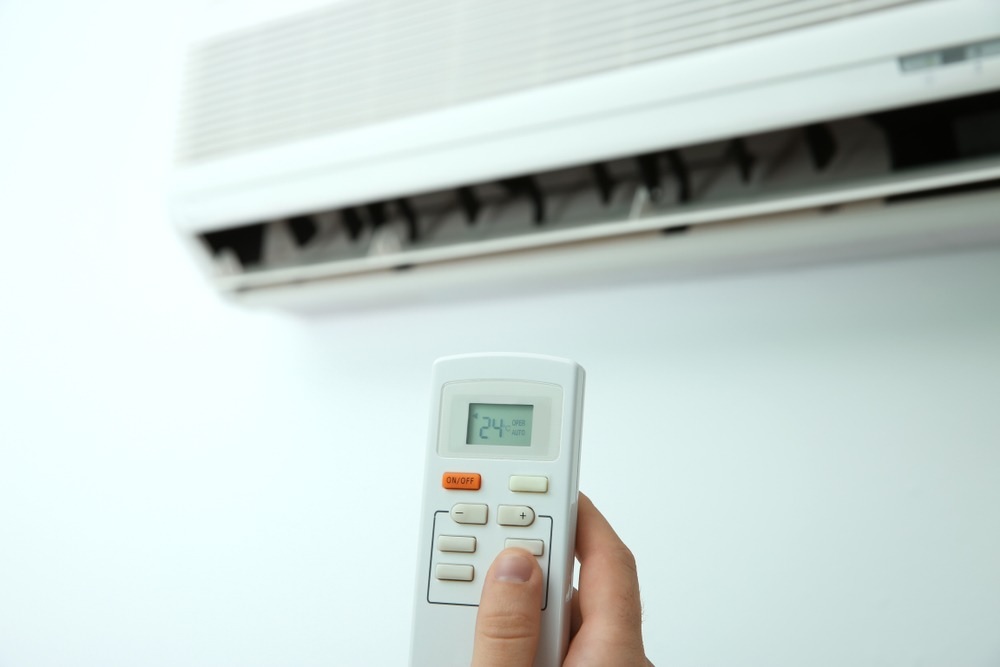With its mild winters in most areas, the Australian climate generally ranges from tropically warm to arid dry. That is why year-round air conditioning in Australia is often a necessity more than a luxury.
Given the importance of having good air conditioning in Australia, Australian consumers have several things they need to consider when they go searching for the best air conditioning solution. The things Australian consumers should be considering include:
- The size of the unit compared to the size of the space to be cooled
- Noise output from A/C units
- Energy efficiency
- Type of A/C needed to meet needs
The focus moving forward will be on the last item on this list.
Best HVAC Units For Australian Climate
In Australia, there are four basic types of air conditioning units that tend to dominate the market. Many times, it’s the climate in which the Australian consumer is living that will drive their decision on what type of A/C they want and or need. Let’s take a look at these four types and describe for which kind of climates each type is most suitable.
Split Systems
The split system A/C unit offers coverage for small living spaces, usually a room or two at most. Since this type of unit is very energy-efficient, it is quite suitable for very warm and humid climates where A/C is generally needed on a year-round basis. Arguably, this is the most popular type of A/C unit in most parts of Australia.
Multi-split Systems
Multi-split systems are comprised of one central unit sitting outdoors, which is connected to at least two cooling units indoors. Given the number of units required and the amount of space coverage they have to cool, this type of A/C unit is not very energy efficient. With that in mind, the multi-split system is best suited for slightly cooler climates where no A/C would be needed for a good portion of the year.
Ducted Air Conditioning
For larger dwellings, a centralized or duct air conditioning system is preferable. The ability of a central outdoor unit to deliver cold air through ducts makes this choice energy efficient. Also, ducted evaporative air conditioning units offer more in terms of zoning temperature control. The ability to control temperatures in each room is invaluable when certain rooms are facing sun exposure at certain times during the day.
Because of the energy efficiency and temperature control benefits, ducted air conditioning is suitable for almost any climate, but especially in humid areas where temperatures can vary greatly from one day to the next and one month to the next.
Evaporative Cooling
The process of an evaporative cooling unit is based more on fan technology. An outdoor unit draws in air, runs is across wet cooling pads, and the evaporate air is converted into cool air. The cool air is then distributed by a fan system through vents to cool the residential area.
Since this type of A/C works best with dry air, it’s most suitable for climates with low humidity. Since this type of A/C unit is also energy-efficient, it also works well in climates that are warm and dry during a good portion of the year.
If anyone is unsure of which of these best HVAC units will best suit their needs, a call to a company that provides top heating and cooling services in Australia is the right thing to do.
